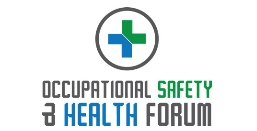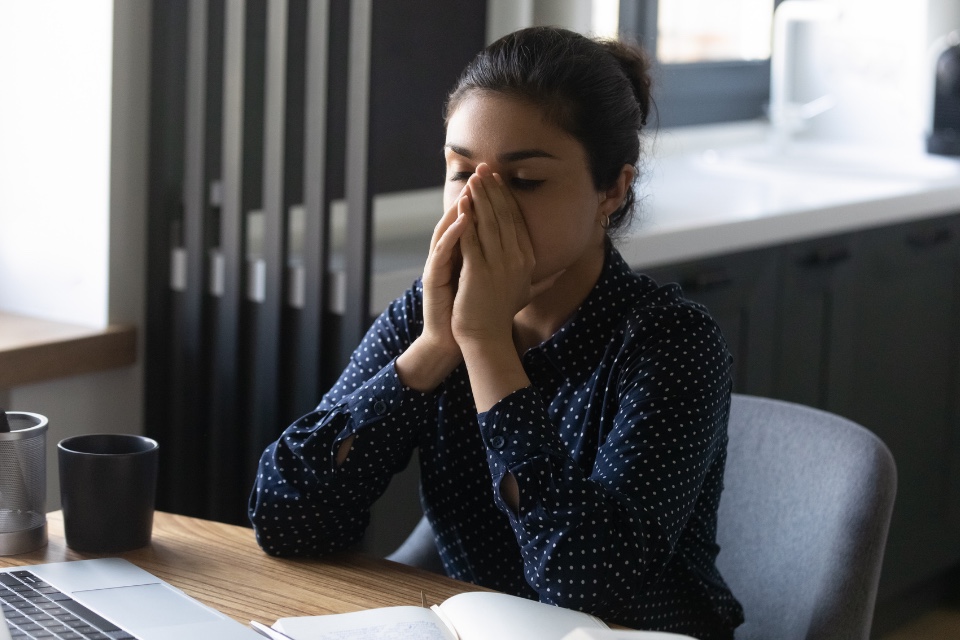Rentokil Initial is calling on employers to re-assess the effectiveness of their building’s air quality systems, as society emerges from the Coronavirus pandemic and workers return to their offices and returning to frequenting surrounding businesses again.
Recent Rentokil Initial research has shown that workers are concerned about returning to the office without assurances on indoor air quality.
A majority (68%) of Brits believe that businesses and employers need to do more to ensure clean air circulates in their premises, while 62% went so far to say that air purification systems should be mandatory in public buildings and education facilities.
The World Health Organisation says that poor indoor air quality is responsible for 3.8 million premature deaths globally, with cross contamination of airborne viruses and diseases 19 times more likely indoors than out. The organisation also advises that Coronavirus, like many other viruses, can be transmitted via aerosols in the air.
Jamie Woodhall, UK Technical Manager & Innovation Manager at Rentokil Specialist Hygiene and Initial Washroom Hygiene said: “The global pandemic has made the delivery of clean, healthy indoor air even more critical for the wellbeing of people indoors. Businesses should look at the air flow and ventilation within their premises, and consider appropriate air purification options to help ensure they are circulating clean indoor air for their employees and customers to breathe.”
According to the Health & Safety at Work Act 1974, businesses are required to maintain working conditions that are safe and without risk to employees, stating that air quality should be at least equal to, but ideally better than, the air outside the building. This has until recently, relied upon adequate ventilation of indoor areas via windows or systems such as ducts and fans or traditional, outdated air purification solutions that may not adequately clean the air.





